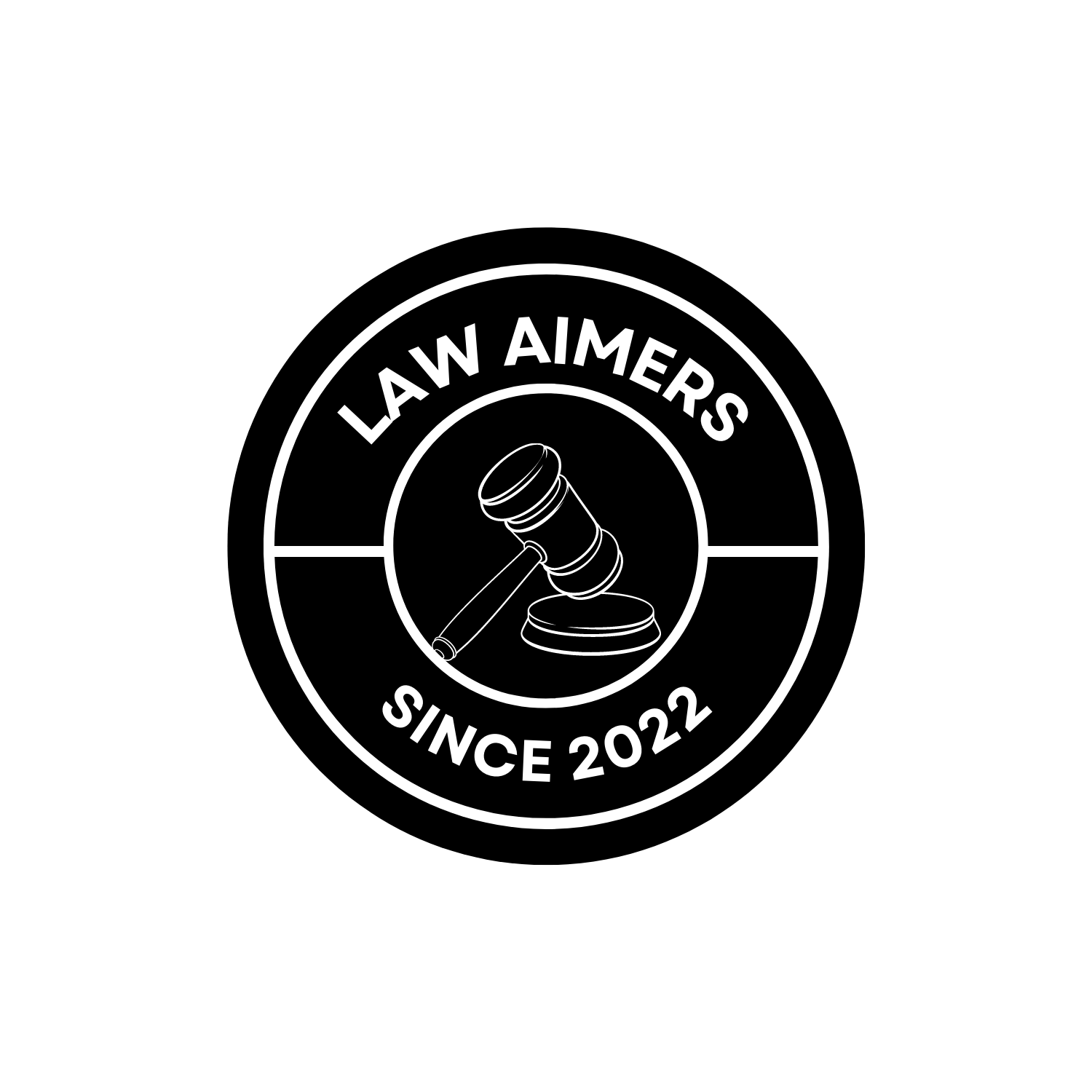Under the Indian Evidence Act, 1872, privileged communications refer to certain confidential communications that are protected from disclosure in legal proceedings. These communications are recognized as privileged due to the special nature of the relationship between the parties involved.
Examples of privileged communications under the Act:
Lawyer-Client Privilege: Communications between a lawyer and their client are generally considered privileged. This means that a lawyer cannot be compelled to disclose any information shared by the client in confidence for the purpose of seeking legal advice or assistance. The privilege extends to both oral and written communications.
Doctor-Patient Privilege: Confidential communications between a doctor and their patient are also considered privileged. A doctor cannot disclose any information shared by a patient during the course of treatment, except under specific circumstances as defined by law.
Husband-Wife Privilege: Communications between spouses during the subsistence of their marriage are considered privileged. Neither spouse can be compelled to disclose such communications without the consent of the other spouse. However, there are exceptions to this privilege in cases of certain offenses committed against the spouse or by one spouse against the child of the other.
Journalist’s Privilege: Journalists may have a limited privilege to protect the identity of their sources or not disclose certain information obtained in confidence during the course of their journalistic work. However, the scope of journalist’s privilege in India is not as clearly defined as in some other jurisdictions.





